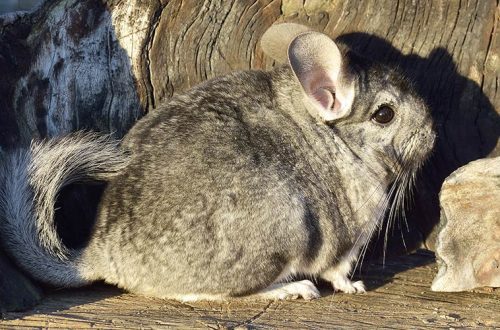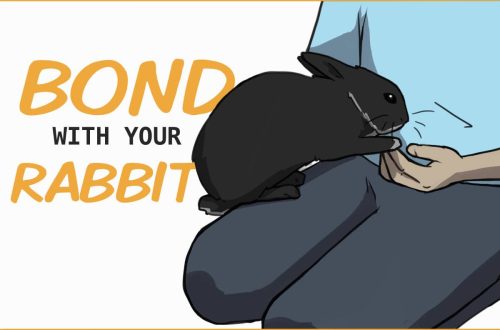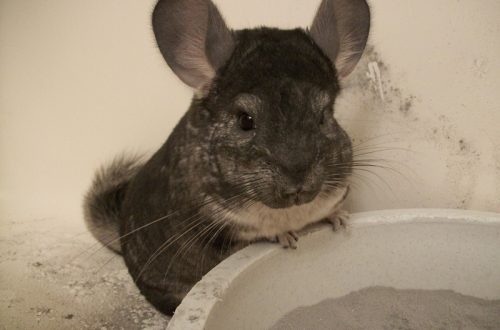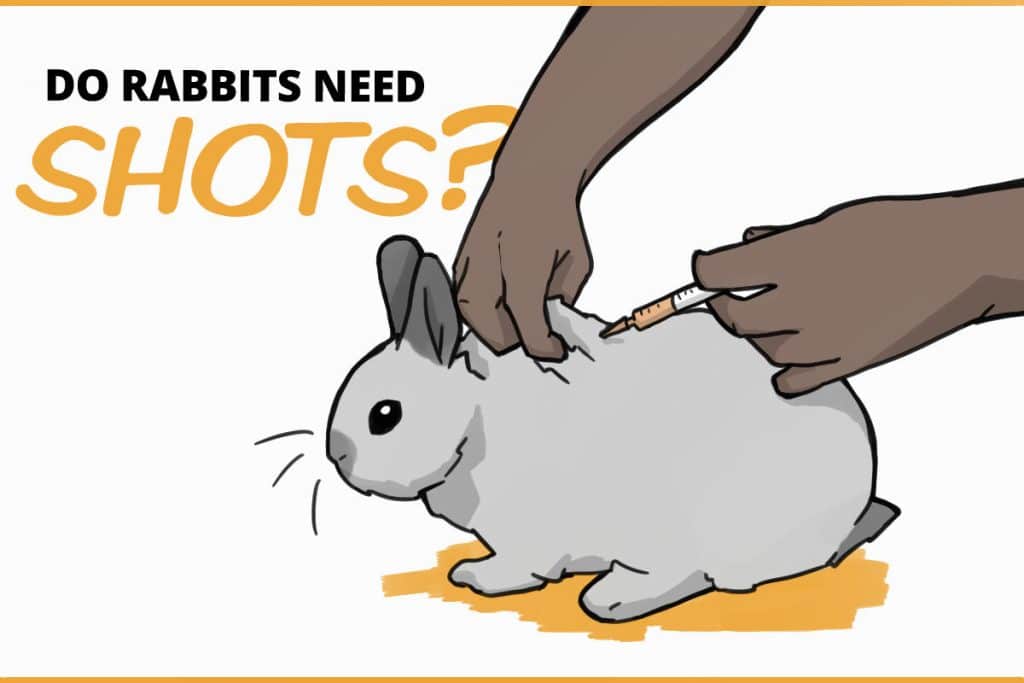
Do pet rabbits need vaccinations?
Why should my rabbit be vaccinated? After all, he lives in an apartment, in a clean cage, does not go outside and does not come into contact with sick pets! Does that mean he’s safe? We will discuss this in our article.
Decorative rabbits spend almost their entire lives at home, where, it would seem, nothing threatens them. Well, what risks can there be if the pet does not leave the boundaries of a clean apartment and does not come into contact with sick animals? However, there is a danger.
The host can bring the causative agents of the infection into the apartment on his clothes or shoes; they are carried by fleas and mosquitoes. You can even become infected through inventory or food if it was stored or transported improperly. Unfortunately, these are the factors that cannot be 100% protected from.
The danger of infections in rabbits is that they develop rapidly and in 99% of cases are not treatable. As a result, the pet quickly dies. The owner may not have time to react to the deterioration of the pet’s well-being, and the disease will already begin to progress.
The most effective way to protect your rabbit from diseases is vaccination.
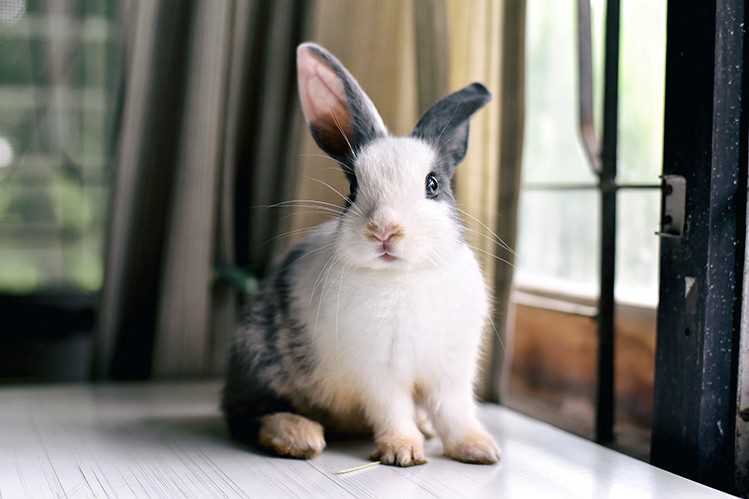
The first vaccination is carried out at about 7-8 weeks. Until that time, the baby rabbit is protected by maternal immunity, which is transmitted to him along with milk, and the risk of infection is very low. By two months, passive maternal immunity begins to fade and disappears completely within a month. That is, at 3 months, the rabbit is absolutely defenseless against dangerous viral diseases.
When purchasing a rabbit, ask the breeder if the baby is vaccinated.
If the rabbit is weaned from its mother early, then maternal immunity will fade faster. In this case, the first vaccination of the pet is carried out when its weight reaches 500 g.
From which diseases and according to what scheme should domestic rabbits be vaccinated?
The most dangerous diseases for rabbits are:
- VHD is a viral hemorrhagic disease.
One of the most dangerous diseases of decorative rabbits, with a high probability of death. VGBK is transmitted through humans, animals, food, equipment and other items that a rabbit can come into contact with in everyday life.
- Myxomatosis
Another serious disease, with a fatal outcome in 70-100% of cases. It is mainly transmitted by blood-sucking parasites (mosquitoes, fleas), but it is also possible to become infected through the inventory of the cell. Outbreaks of this disease occur in the warm season: spring, summer, early autumn. Therefore, vaccination and revaccination is best done during this period, when insects are more active.
Vaccination against HBV and myxomatosis is necessary for every rabbit, even if he never leaves the apartment.
- Rabies
Decorative rabbits rarely get rabies. Infection is possible only if the pet is bitten by a sick animal. However, if you are going to take your pet abroad, then without a rabies vaccination mark, it will not be possible to transport it.
Vaccination against rabies is relevant if the pet is taken out of the city, to the country house or just for a walk in the park. In such situations, contact with infected animals (most often rodents) is possible, and the consequences must be taken care of in advance.
Rabbits are also recommended to be vaccinated against paratyphoid, salmonellosis and pasteurellosis.
The vaccination schedule for your pet will be compiled by a veterinarian. It depends on the vaccines that are used and on the condition of the individual rabbit.
Be sure to check your pet’s vaccination schedule with your veterinarian. It may differ depending on the type of vaccine, the condition of the pet and the situation in a particular region.
Vaccines are mono and complex (associated). Monovaccine is prescribed separately for each disease. Complex vaccines allow you to vaccinate a pet against several diseases in one procedure. It is more convenient, faster and more comfortable for the pet.
- Sample vaccination schedule – complex vaccines
– 45 days – the first vaccination against HBV and myxomatosis
– after 3 months – the second complex vaccination
– after 6 months – the third complex vaccination.
Revaccination – every six months throughout the life of the rabbit.
- Approximate vaccination scheme – monovaccines
– 8 weeks – the first vaccination against viral hemorrhagic disease (VHD)
– after 60 days, the second vaccination against VGBK is carried out
– after 6 months – revaccination
– 14 days after the first vaccination against HBV – the first vaccination against myxomatosis
– after 3 months – the second vaccination against myxomatosis
– every six months – revaccination.
The first rabies vaccination is carried out at 2,5 months and at least 30 days before the intended trip, so that the pet has time to develop immunity. Revaccination is carried out every year.
Any special preparation (diet, etc.) before vaccination is not needed. On the contrary, the pet should have a normal, habitual daily routine and nutrition.
There are just a few simple measures that are necessary for successful vaccination:
10-14 days before vaccination, deworming should be carried out (treat the pet from worms);
the rabbit must be absolutely healthy. Minor abrasions, skin rashes, discharge from the eyes, loose stools or sluggish behavior, and other changes in condition are all reasons to delay vaccination;
protect your pet from stress: do not bathe or transport it the day before;
the day before and on the day of vaccination, measure the temperature of the rabbit, it should be normal (38-39,5 g).
With improper preparation, a violation of the vaccination schedule, an incorrectly performed procedure or a poor-quality vaccine, the pet will not be protected from infections and may get sick.
Convince yourself of the quality of the vaccine! It must be kept in the refrigerator. Be sure to check the expiration date (usually 18 months from the date of production).
Take care of your pets! We are sure that with you they are under reliable protection.



